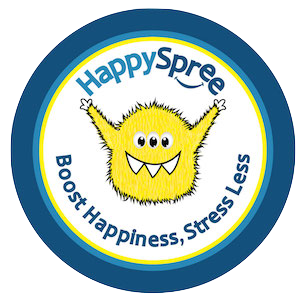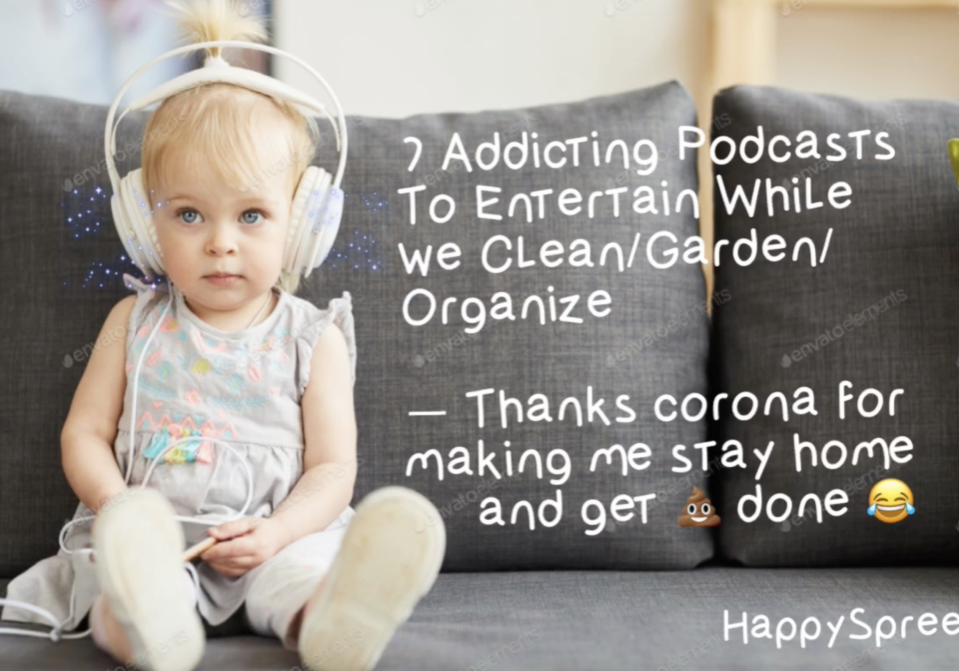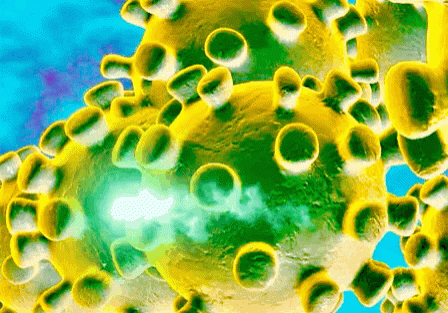HappySpree - Happiness Tracker Daily Mood & Gratitude Journal
- Stay happy
- Track your feelings
- Find relief from stress and anxiety with HappySpree - Daily Mood & Gratitude Journal. Your journey to mental wellness starts here.
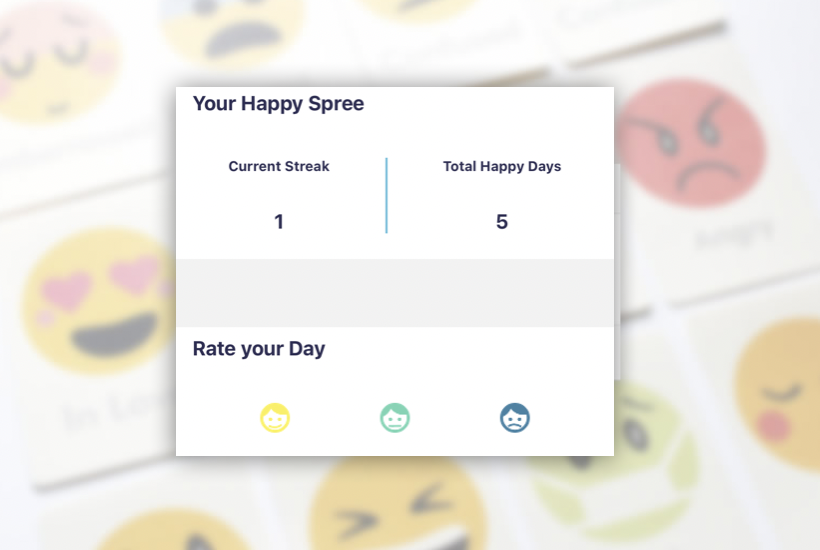
Our Mission
We created HappySpree to increase happiness, well-being and health for ourselves and others with easy solutions.
Our Gratitude Journal app and HappyHacks are easy, quick and free.
Improve Your Happiness
In positive psychology research, gratitude is strongly and consistently associated with greater happiness. Gratitude helps people feel more positive emotions, relish good experiences, improve health, cope with adversity, and build strong relationships.
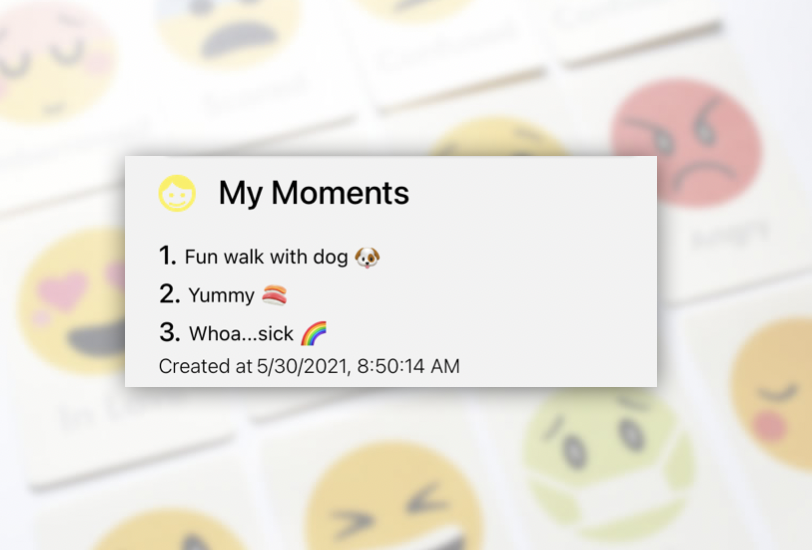
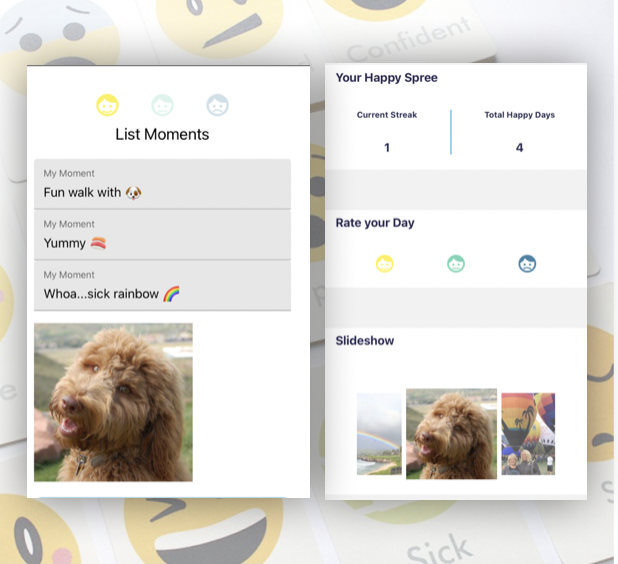
Lowers stress levels
Improves sleep quality
Helps you appreciate what you have
Clarify what you want more of in life
Focus on what matters most
Learn more about yourself
What’s a HappyHack?
HappyHacks are research-proven interventions to increase happiness. Our Gratitude Journal HappyHack is free to anyone with an internet connection, quick and easy. Additionally, all HappyHacks are proven happiness solutions.
How often are new HappyHacks posted?
Look for a new HappyHack every Friday. Use these tools to create a happiness every week.
Why can’t I see the HappyHacks?
HappyHacks are available for logged-in users. Create a free account to explore them.
What do you write in a gratitude journal?
You can write about any “positives” from your day, no matter how big or small. For example, you might write “I enjoyed hiking with a friend”, or “got promoted at work!” After journaling for a while, thinking up new content can be challenging. If you’ve already written about a topic, think of a new angle. For example, if you’ve written about why you’re grateful for someone, try viewing them from a new perspective like “I love the kind way they treat others.”
Also, create positives in your day to journal. For example, “loved my yoga class”, “made delicious Fudge Chocolate Cake”, or “returned a busy mom’s shopping cart”.
Why do gratitude journals work?
Listing positives increases happy thoughts, feelings and actions. We are what we think and positivity rewires your brain,
Keeping a journal is a very personal activity and allows you to be present with your achievements big and small. Showing gratitude also reduces social comparisons, and helps you appreciate and celebrate the positives in your life.
What are the benefits of writing in gratitude journals / why should I care about gratitude?
1. Lowers stress levels.
2. Helps you feel calm at night so you can fall asleep.
3. Helps you gain perspective of what’s most important to you and appreciate what you have.
4. Gratitude journals clarify what you want more of in your life and what you can let go.
5. Helps you focus on what matters most.
6. Helps you learn more about yourself and become more self-aware.
7. Your gratitude journal is a safe zone for your eyes only, so you can write anything you feel without judgment.
8. On days when you feel challenged, read back through your gratitude journal to savor past positives, readjust your attitude, and keep focused on positive people and experiences in your life.
How do I maintain a gratitude journal?
1. Take 3-5 minutes to write positives in your gratitude journal every night before bed. Set an alarm reminder on your phone or schedule it in your calendar.
2. Making a goal to write positives at night lets you reflect on the good things that happened in your day and relaxes you for sleep.
3. Your gratitude journal doesn't have to be deep. Gratefulness can be as simple as "family" or "the new book or movie I recently enjoyed" or "this morning's breakfast." What you are grateful for will differ from everyone else because it includes your unique perspective of our world.
5. The timing of when you want to write is up to you. While some people write in their gratitude journal every night, sometimes it becomes every other night. That's okay. Journal when it feels right for you. The benefits are worth the small time commitment.
Do gratitude journals really work?
- Writing about gratitude is good for you.
Using randomized controlled trial designs, researchers in dozens of different groups found that people who kept gratitude journals reported feeling happier and had significantly better health than those in the other treatment groups.
- Gratitude may act as a stress buffer.
By sampling people repeatedly across days, researchers found that people have lower well-being on days when they feel more stressed and worried than usual. But gratitude might help alleviate that negative effect: researchers found that if people felt more grateful, even when they were feeling stressed and worried, their well-being didn’t take as big of a hit. Another study found that Korean firefighters who were more grateful reported feeling less stressed and burnt-out by their jobs.
- Gratitude may keep you healthy.
Researchers tracked 152 patients who had had a recent medical episode (acute coronary syndrome). Those who felt more grateful for their health two weeks after the episode were more physical activite and reported adhering to their medical plan six months later than a control group.
- We’re most grateful when we get the help we ask for.
Jumping in to help someone who looks like they need it might seem like a good idea, but two studies examined how grateful people are when they receive help they asked for (reactive helping) versus when they receive help they didn’t ask for (proactive helping). Helpers felt more appreciated when they gave help after being asked than when they gave help without being asked. This is partly because reactive helping is more clearly defined—the person asks for what they need. This doesn’t mean you should avoid helping someone who is struggling, but perhaps ask “do you need help?” or “how can I help you?”
Why is gratitude important?
Gratitude encourages people to acknowledge the good in their lives. Gratitude helps people feel more positive emotions, savor good experiences, improve mental and physical health, cope with adversity, and build strong relationships.
How does a gratitude journal increase happiness?
In positive psychology research, gratitude is strongly and consistently associated with greater happiness. Gratitude helps people feel more positive emotions, relish good experiences, improve health, cope with adversity, and build strong relationships.
How does gratitude improve mental health?
People expressing gratitude are more likely to exercise more often and are attend regular check-ups, which likely contributes to further longevity. Gratitude improves psychological health by increasing happiness and reducing mild depression. Also, gratitude enhances empathy and reduces aggression.
Is a gratitude journal the key to happiness?
Gratitude has proven positive benefits. It can raise our minds and moods to great heights. Gratitude gives us energy to create great things and this sparks positive expectations of good things to come for our future. Equally, ingratitude can submerge us in the darkness of negativity. Ingratitude can cause negative expectations that tomorrow will be as negative, or worse, than today, leading to a negative down-spiral of despair. In contrast, gratitude creates up-spirals of positivity and happiness.
How does keeping a gratitude journal change your life?
Gratitude can change your life because it makes you appreciate what you have rather than what you don't have. Gratitude can change your life because it provides powerful inspiration that anyone use when simply stopping and paying attention to life’s simple beauty and everyday miracles.
How does gratitude rewire your brain?
Expressing gratitude or receiving it causes our brain to release dopamine and serotonin. These neurotransmitters spark emotions that make us feel good. Containing to express gratitude can broaden and build and this makes us feel happier over time.
